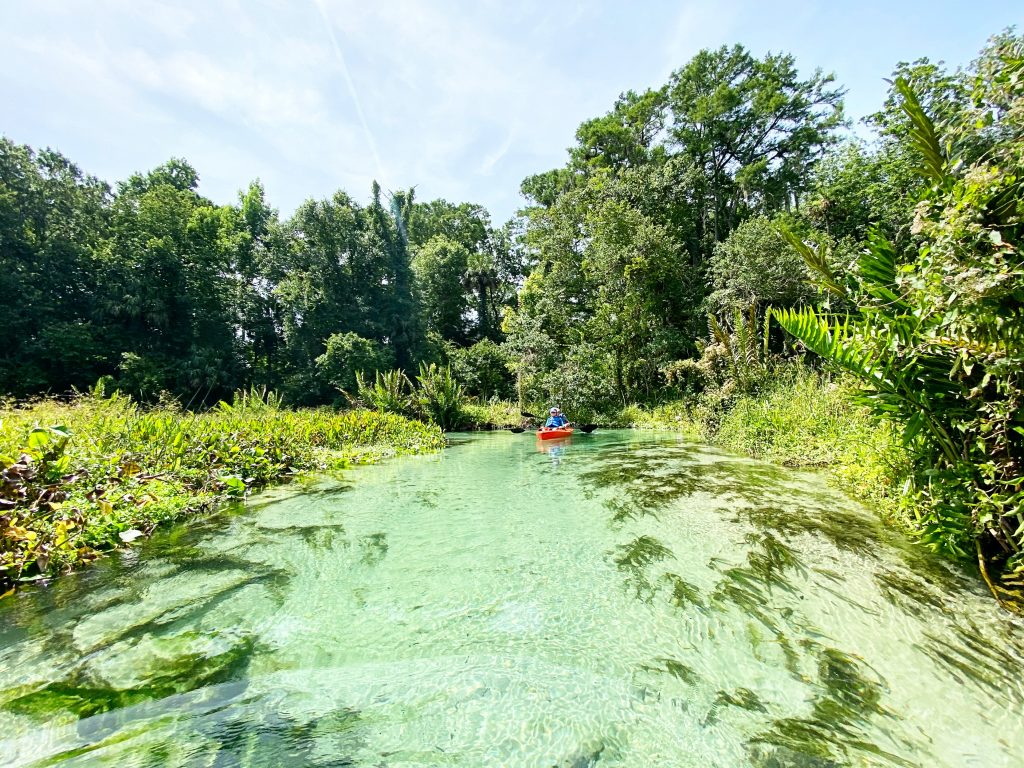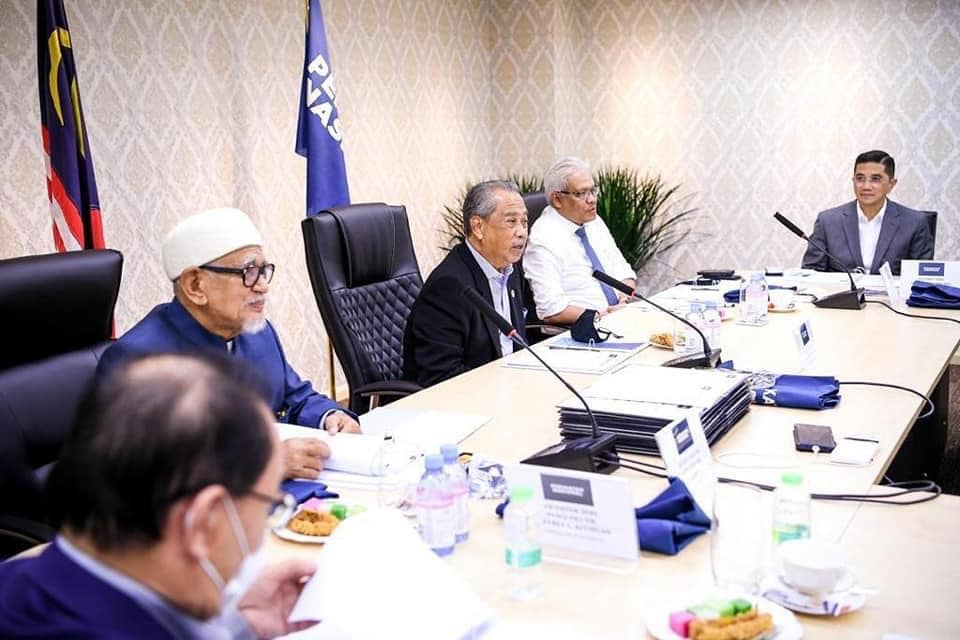
Published by Business Today, image from Business Today.
2020 will be remembered by many as a year of river pollution due to discharge of effluents and wastes resulting in water cuts and rescheduling on a massive scale in Selangor. For example, in what would be an “unprecedented” move (though not the first of its kind), four individuals – company directors – were charged on Nov 8 for offences under Section 430 of the Penal Code (Amendment) Act 2014 on “diminution of water supply” as well as Section 25(1) of the Environment Quality Act (EQA) 1974 for pollution of inland waters in relation to Sungai Kundang.
As it is, there’s the imperative for rigorous laws and robust enforcement by the relevant authorities which in Malaysia would refer to both the federal and state governments.
However, the environment is a thorny issue when it comes to federal-state relations in terms of jurisdiction especially pertaining to the Shared or Concurrent List as per our Federal Constitution (Ninth Schedule).
We all know that land comes under state matters. Natural resources, likewise.
But on the specific issue of environmental management, there has always been a conundrum – legal and jurisdictional – on the precise demarcation and boundary between federal and state governments.
This is because environment per se is not specifically included in any of the List in the Ninth Schedule.
According to law professor Dr Aishah Bidin of Universiti Kebangsaan Malaysia (UKM): “… [D]ifferent states have control over their own enforcement as well as specific policies, whereas the country’s 1984 Exclusive Economic Zone Act has more jurisdiction over industrial pollution in marine waters. Such overlaps make it difficult to enforce the federal environmental law in states, as officials are cautious not to encroach if a different ministry holds the ‘upper hand’ …”.
The closest items to the environment or environmental management in its own right would be management of forest parks. protection of wildlife and soil rehabilitation – all of which come under the Shared or Concurrent List.
Or we could also add water management to boot – legislated as the Water Services Industry Act (2006).
However, the complexity of jurisdictional issues is compounded with Sabah and Sarawak accorded and enjoying additional rights and authority compared to their Peninsular counterparts.
Thus, Sabah and Sarawak pursuant to List 2A (Supplementary State List) and List 3A (Supplementary Concurrent List) enjoys exclusive control to make laws (under Article 74).
Some of the items include:
- Activities affecting land use;
- Forestry – and this extends to the removal of timber and the development of biomass (renewable energy); and
- Impounding of inland water (damming purposes), diversion of rivers, electricity and the production of electricity generated by water.
Could or should a similar privilege be made by the federal government – to the states in West Malaysia – as part of the decentralisation process?
Should federal-state relations with respect to jurisdictions go that far for the West Malaysian states?
In fact, voices have been for centralisation in this regard.
The fear is that the states would lack the necessary “teeth” or clout to enforce – given that resources are far more limited compared to the federal government.
The federal government is still needed to come in. So, this makes having a clearly defined set of boundaries between the federal and state governments to lie in the middle, i.e., the Concurrent List as the best way forward.
Furthermore, environmental management go beyond extended power granted to Sabah and Sarawak. Environmental management involves or entails criminal activities.
To be more precise, natural resource exploitation and industrial activities that result in air, water and noise pollution are criminalised acts that threaten the security, safety and well-being of society.
As it is, crime and law and order come under the exclusive jurisdiction of the federal government.
The inadequacy of leaving state authorities to deal with environmental harm can be illustrated in the simple yet vivid example of bauxite mining in and around Kuantan. The issue was at its height some five years ago.
Mining activities had left swathes of the extracted land bald in clayish red due to the presence of alumina (aluminium oxide).
On top of that, the toxic red sludge contains naturally radioactive minerals and carcinogenic metals like arsenic and manganese. Dust from the mining and extraction operations means air pollution.
Environmental terror extends also potential landslide and mud flood if there is heavy rain caused by the presence of the piles of earth that was dug out and heaped near residential areas.
Fast forward, in 2019, two company directors (Singaporeans) of a tyre production company were charged for chemical dumping into Sungai Kim Kim in Johor that resulted in one of the worst environmental disasters in nation’s history.
The illegal dumping of marine oil waste that in turn resulted in the emitting of the toxic methane and benzene fumes percolating the surrounding environment where schools and residences were in close proximity. Around 4000 people were affected – ranging from breathing difficulties nausea and vomiting to fainting.
State authorities on their own are unable to cope with such monumental problems in the backyard, not least on the matter of enforcement vis-à-vis bringing the actors or polluters to book.
Therefore, constitutional amendments to the respective federal-state jurisdiction and power is the way to go. So, the Ninth Schedule needs to be updated.
Towards that end, a new category of item on environmental management and/ or sustainable development needs to be introduced. This is also in line with the policy recommendations of the special task force set up in 2019 to update the EQA.
Furthermore, this also parallels recent calls for the right to a clean and healthy environment (much like the call for Internet access to be recognised as a human and constitutional right) to be enshrined in the Federal Constitution.
Some of the policy measures to back-up and implement the constitutional provision could include the following:
- Federal
- – The Environmental Crime Unit which comes under the institutional jurisdiction of the police that in turn is under the Ministry of Home Affairs (MOHA) should be complemented by officers purposely seconded from the Ministry of the Environment and Water.
- State
- – Mining activities should be subjected to spot-checks and formal regular inspections as one of the pre-conditions in the issuance of licenses. Reports should be made available freely or for a nominal fee. The state exco member in charge should be held responsible and accountable for monitoring compliance. This involves personally going to the ground (turun padang) as part of the spot-checks and inspection regime.
The use of artificial intelligence (AI) and smart or digital technologies such as Multi-Temporal Landsat imageries, L-band microwave remote-sensing, and LiDAR (light detection and ranging) topographical mapping, modelling and analysis should be enhanced and made standard as part of the licensing and regulatory regime.
- Concurrent/ Shared
- – Industrial activities should be monitored on a more stringent basis – again involving both federal and state bodies. It is pertinent to highlight that the use of AI and smart or digital technologies are indispensable to promote efficiency and effectiveness of the monitoring process.
For example, antenna-operated electrode-based RFID (radio frequency identification) devices (fixed) and drones (mobile) could serve to detect pollution and its levels. Costs for their installation and operation could be shared between federal and state governments.
The federal government – principally via officers from the Ministry of Environment and Water – could man the operations with the command-and-control (C&C) facilities provided by the state government.
Both federal and state governments need to step up the game and step up to the plate when it comes to environmental management.
As part of the wider disaster management and human security, it is critical that past lessons be learnt and results mitigated.
The lives of the rakyat are at stake here.
Jason Loh Seong Wei is Head of Social, Law & Human Rights at EMIR Research, an independent think tank focussed on strategic policy recommendations based on rigorous research.

